
ASK
ME

REGISTER
NOW
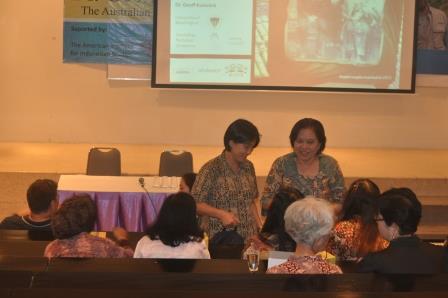
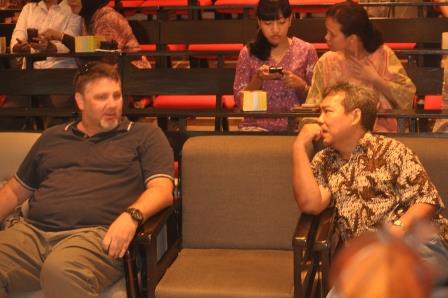
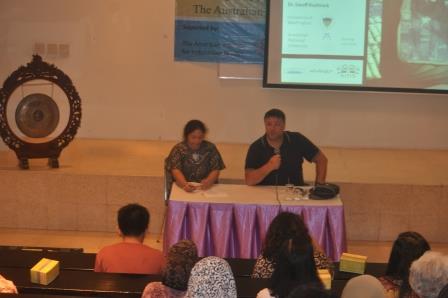
Kuliah umum yang diselenggarakan pada tanggal 11 Juli 2014 di Ruang Multimedia Fakultas Teknik Unika, Atma Jaya ini menghadirkan Dr. Geoffrey C. Kushnick dari the Australian National University. Dalam paparannya, Dr. Kushnick menyampaikan bahwa masyarakat Batak Karo yang tinggal di dataran tinggi di Sumatra Utara memiliki preferensi untuk melakukan pernikahan antar sepupu dari pihak ibu (impal). Namun, pada praktiknya, pernikahan semacam ini semakin jarang terjadi. Menurut Dr. Kushnick, semakin jarangnya pernikahan impal ini merupakan bagian dari isu perubahan sosial. Hasil penelitian beliau menunjukkan bahwa faktor demografi, agama, dan faktor persekutuan berperan dalam perubahan ini.
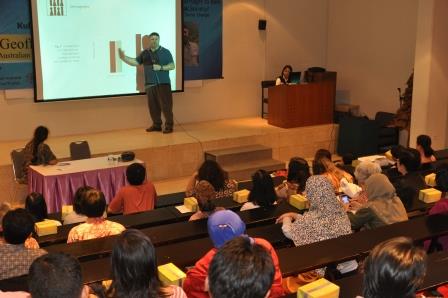
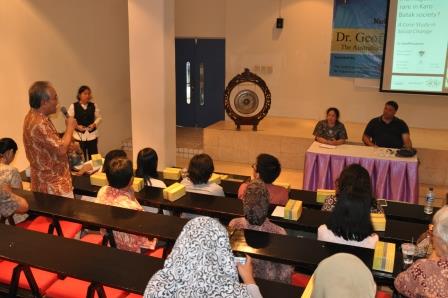
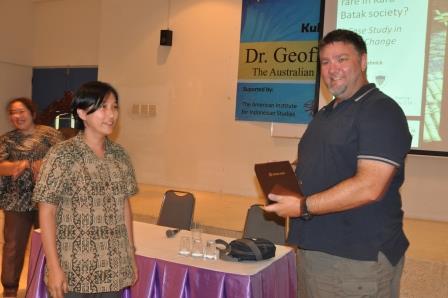
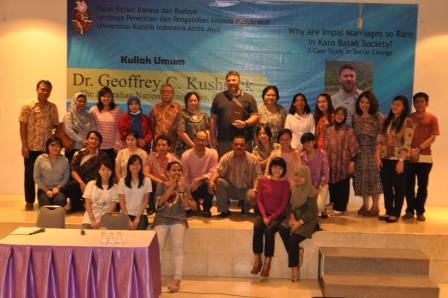
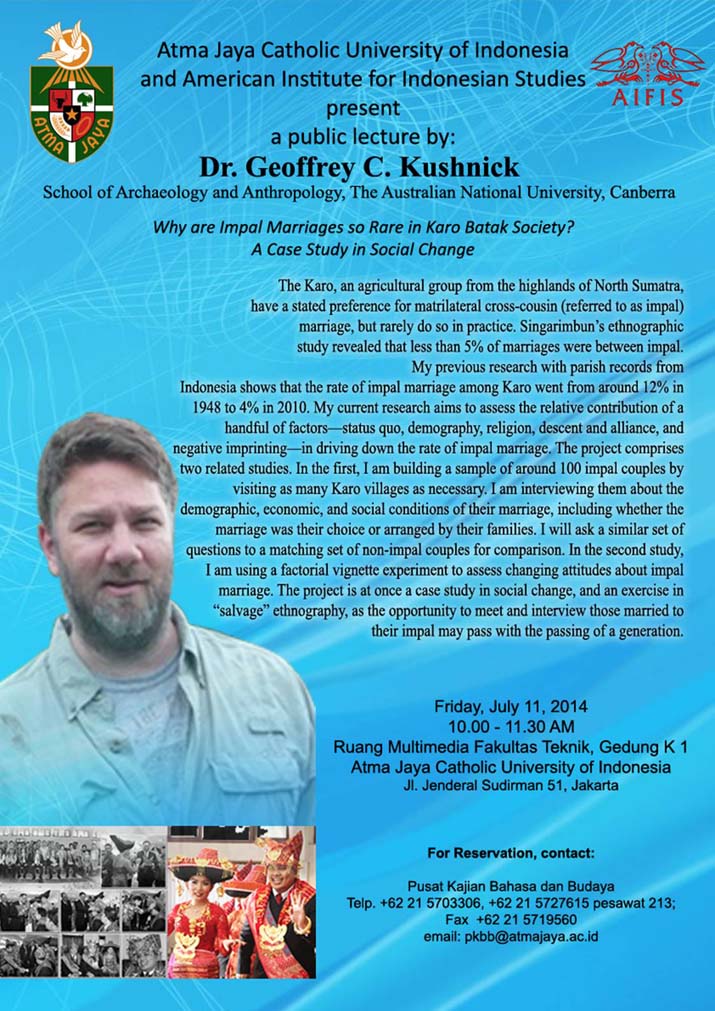
The Karo, an agricultural group from the highlands of North Sumatra, have a stated preference for matrilateral cross-cousin (referred to as impal) marriage, but rarely do so in practice. Singarimbun’s ethnographic study revealed that less than 5% of marriages were between impal.
My previous research with parish records from Indonesia shows that the rate of impal marriage among Karo went from around 12% in 1948 to 4% in 2010. My current research aims to assess the relative contribution of a handful of factors—status quo, demography, religion, descent and alliance, and negative imprinting—in driving down the rate of impal marriage. The project comprises two related studies. In the first, I building a sample ofaround 100impal couples by visiting as many Karo villages as necessary. I am interviewing them about the demographic, economic, and social conditions of their marriage, including whether the marriage was their choice or arranged by their families. I will ask a similar set of questions to a matching set of non-impal couples for comparison. In the second study, I am using a factorial vignette experiment to assess changing attitudes about impal marriage. The project is at once a case study in social change, and an exercise in “salvage” ethnography, as the opportunity to meet and interview those married to their impal may pass with the passing of a generation.
Study funded by the Fulbright Scholars Program and the American Institute for Indonesian Studies.
Friday, Juli 11, 2014
10.00-11.30 AM
Multimedia Teknik Room
Speaker: Dr. Geoff Kushnick
School of Archaeology and Anthropology, The Australian National University, Canberra, ACT (previously University of Washington, Seattle)
For Reservation:
Pusat Kajian Bahasa dan Budaya
(+62 21)5727615 /5703306 est 213
Fax: (+62 21)5719560
Mail: pkbb@atmajaya.ac.id